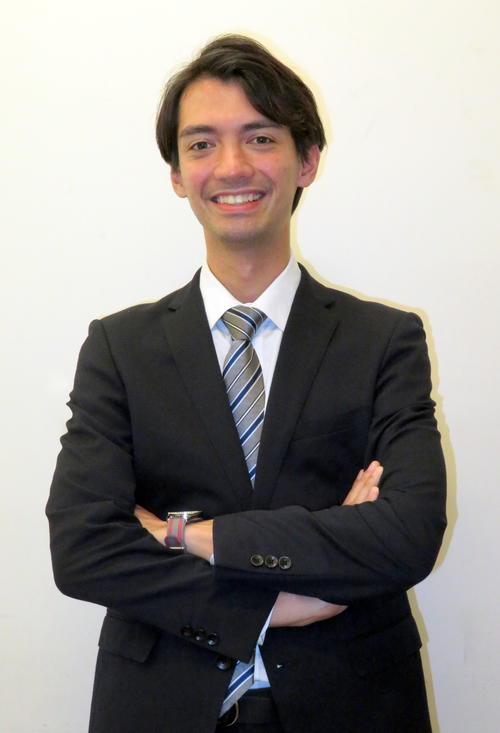- Joined
- Nov 12, 2013
Thanks a lot for letting us know what the interview is about!
Ryuju is such a polite and supportive senpai, it makes me happy to read of how he encouraged Mori and Kajita. I see most of the LOL's in the conversation are Ryuju's, which doesn't surprise me in the least ^ ^
Out of curiosity, when he says '[I wanted to learn from others] as everybody has their strengths', is there actually a possessive pronoun there in the original version, or is it something vague like 'jibun'?
Ryuju is such a polite and supportive senpai, it makes me happy to read of how he encouraged Mori and Kajita. I see most of the LOL's in the conversation are Ryuju's, which doesn't surprise me in the least ^ ^
Out of curiosity, when he says '[I wanted to learn from others] as everybody has their strengths', is there actually a possessive pronoun there in the original version, or is it something vague like 'jibun'?





